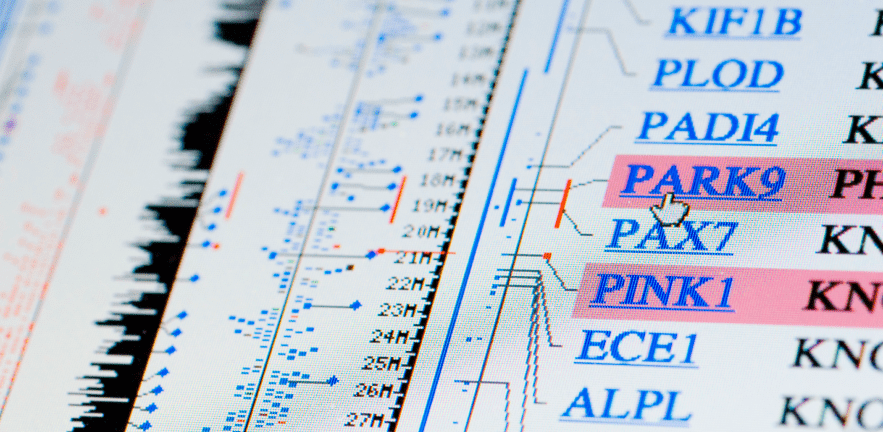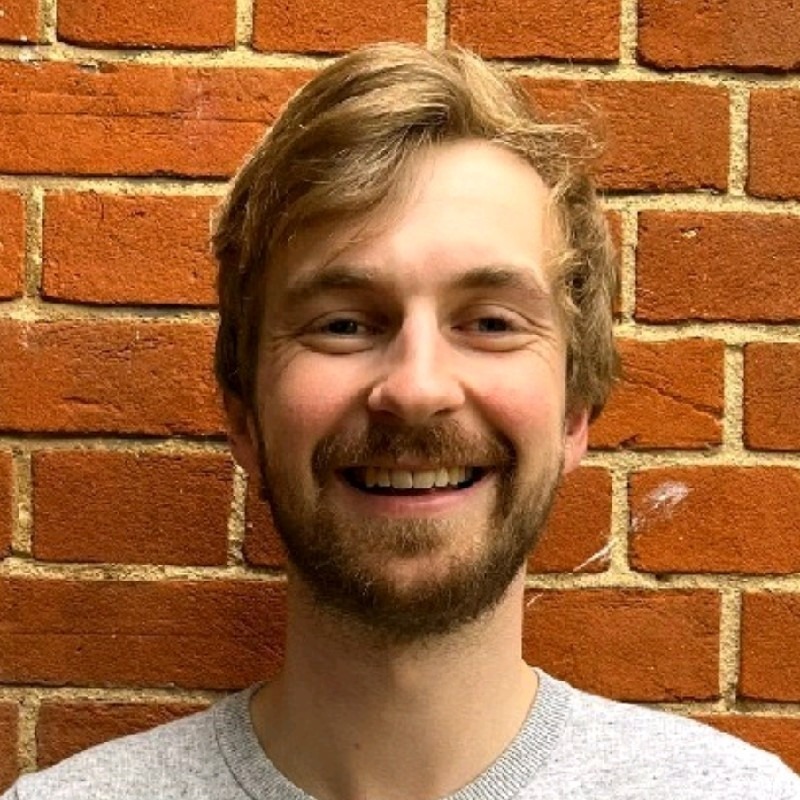
Over 10 million people suffer from Parkinson’s and related neurodegenerative diseases worldwide, but accurately diagnosing these diseases remains a challenge. The current diagnostic gold-standard takes place in a neurologists office, where your physical and cognitive symptoms are assessed. Yet under this approach diagnosis can take years and, even then, one quarter of patients are misdiagnosed. As a result patients often get assigned the wrong care plans and have difficulty planning for an uncertain future. This high rate of misdiagnosis can also pose a challenge for clinical trials that are testing treatments for these diseases.
Addressing this deficit in diagnostics has been a focus of my research for the last several years and has this has led to me founding Neurothread; a fledgling spinout based on this work.
During my PhD at the Yusuf Hamied Department of Chemistry at Cambridge, I discovered a new chemical method to identify and characterise a set of important biomarkers in Parkinson’s disease. This approach turned out to be generalisable within neurodegenerative diseases, and we’re now working to show that we can identify these diseases early and accurately.
The possibility that the work we’re performing could lead to a diagnostic test for neurodegenerative diseases is incredibly motivating, and led me to explore how to commercialise this type of technology. This gave rise to a new set of challenges that aren’t as commonly encountered in a science PhD; how to do market research, how to find customers, and how to actually develop a product, to name a few. Switching into thinking about a problem commercially, rather than scientifically, isn’t straightforward but provides a nice change of pace to the daily PhD research.
EnterpriseTECH and EnterpriseTECH STAR at Cambridge Judge Business School were incredibly helpful in figuring out how to even approach these questions, and to get a grasp of the full scope of what commercialisation of a technology looks like.
Developing a commercialisation strategy requires a different way of approaching problems, and demands a new set of skills and knowledge. A highlight of the programmes has been getting to know other students and postdocs interested in entrepreneurship and going through this learning process together, which has been one of the most enjoyable experiences in my PhD.
Since my time on these two programmes I’ve continued working towards a diagnostic for neurodegenerative disease in the lab, while also developing the commercial case for such a test. Balancing these two types of work in Neurothread is a challenge at times, but it’s ensured the research I do stays focused and has led to ideas I wouldn’t have otherwise considered.
I’ve applied for a range of grants and accelerators to keep pushing this work forward, and right now I’m part of the latest Accelerate@Babraham cohort. Based at the Babraham Research Campus, this accelerator has introduced me to yet more brilliant people and new ideas.
One of the key takeaways I’ve learned from this process so far is that so many people around Cambridge are incredibly generous with their time and whole-heartedly want you to succeed, and it’s been an incredible environment to help drive this work forward.



Leave a Reply